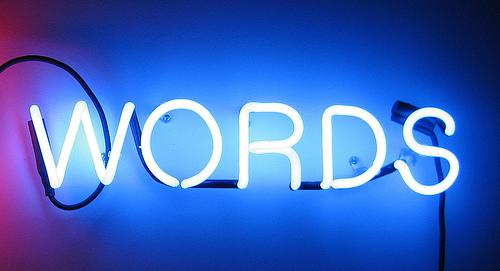Word Classes
CC BY-SA 4.0Here you can choose to either:
- Read this article before trying out the tasks about word classes in the next steps or:
- Go straight to the tasks in the next steps
Du er nå inne i en læringssti:
Grammar: Self-assessment
Here you can choose to either:

Nouns: car, police, idea, love, builder, refugee, abstraction, substitutability
Verbs: be, do, write, connect, compare, limit, oppose, put off, bad-mouth
Adjectives: pale, clever, blue, deep, favourite, crummy, obstinate, fast-loving
Adverbs: soon, immediately, very, slowly, recklessly, obviously
Note: If you check your dictionary you will see that many words belong to two (or more) word classes: e.g. to turn- a turn, the police - to police, many limits - to limit. It is their use in a specific sentence that tells you which word class it belongs to.
For more information about there and it, see 4C.
Note: *A determiner is a word that comes before a noun and tells us more about it. Many words can be both pronouns and determiners. Here that is a determiner in the first example and a pronoun in the second; I like that car/I like that. So also many and what in these examples many people left early /I didn’t see many and what nonsense! /what did you see?
A subjunction makes a sub-clause part of a larger main clause: I would do it if I get the chance. Here if is the subjunction that connects if I get the chance to the main clause: I would do it. The infinitive marker may also be regarded as a subjunction.
We have now looked at the basic word classes in isolation. But we must look at how they can be expanded into longer phrases.